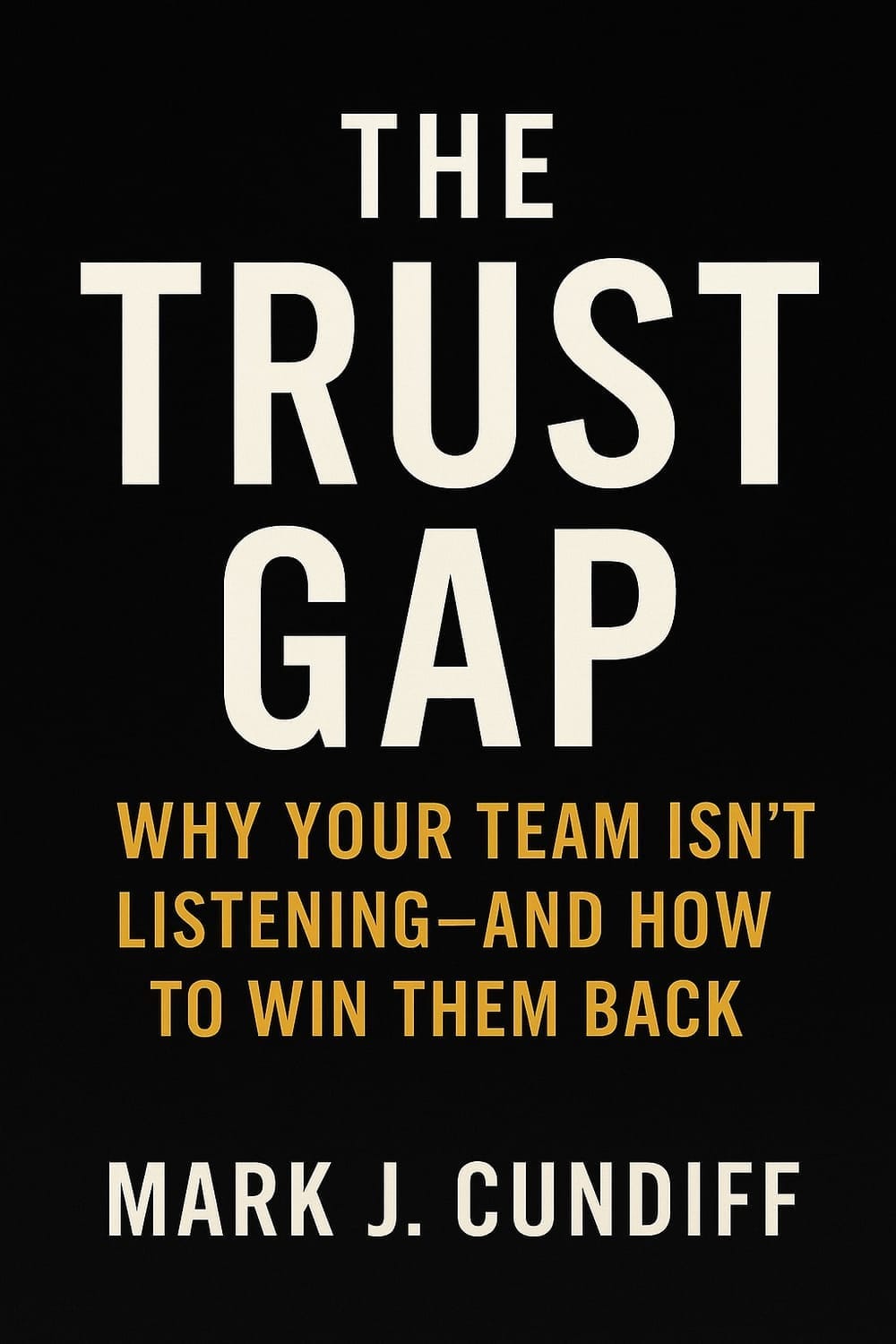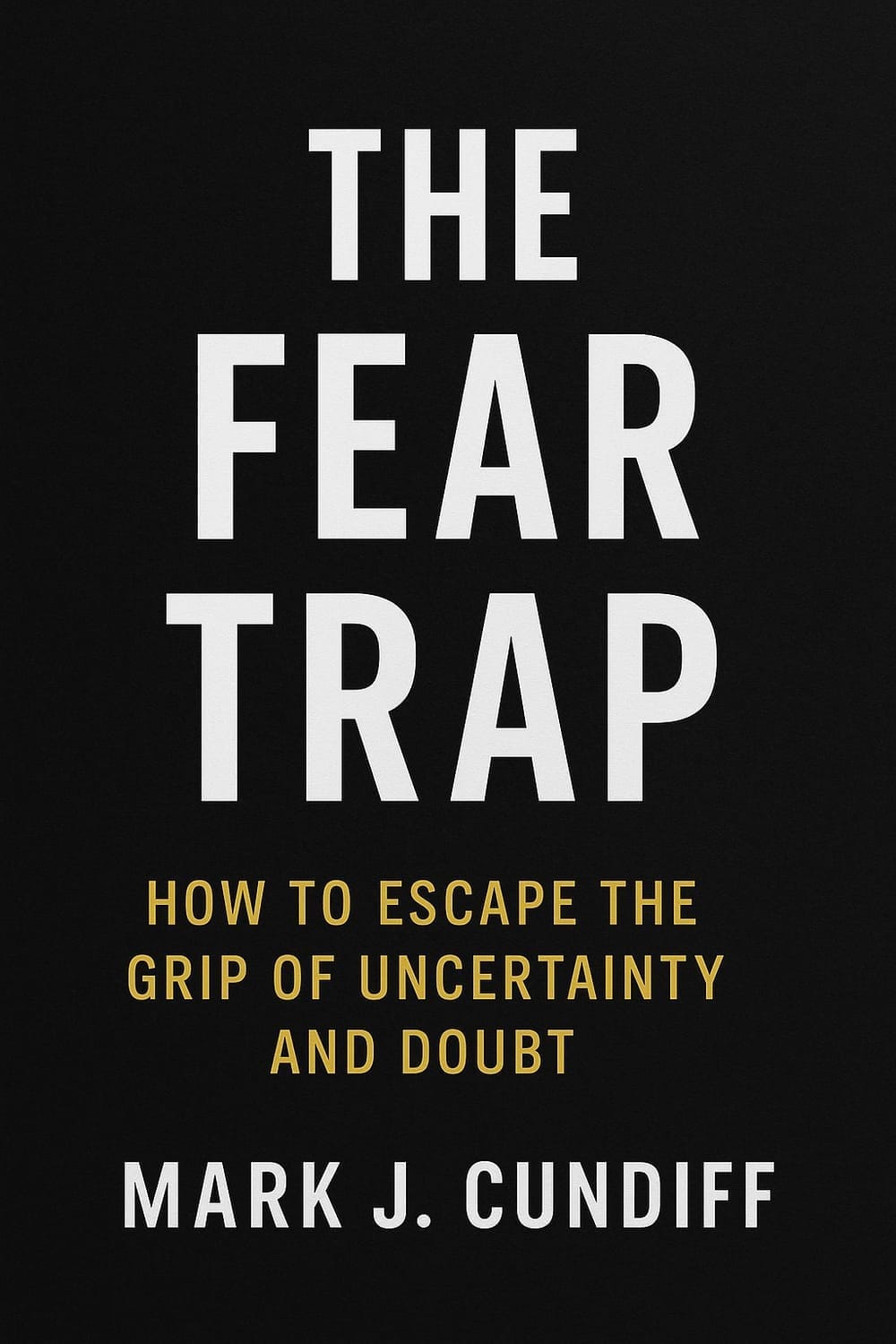3 Questions To Ask Yourself To Help You Stop Making Bad Decisions
Making important decisions is a crucial part of life, yet not every choice leads to good outcomes. This is true for business leaders making tough choices. It's also true for everyone making every day ones. Understanding the impact of our actions is vital.
Regret often follows poor decisions and bad choices, but what if you could mitigate this risk? The best way to improve decision-making is by asking yourself the right questions.
Are you making critical decisions that match your core values?
Do they match your distant future aspirations?
Are your choices guided by logical thought or negative emotions?
Do you involve trusted individuals or external sources for a balanced perspective?
Evaluating the potential outcomes can turn bad decision-making into good. Recognizing cognitive biases also helps.
This post delves into the elements that can transform your decision-making skills. We will scrutinize your long-term goals. We will also see how social context and emotions affect your choices. We will explore the strategies for making good decisions.
Our insights will help you make better decisions. They are useful for handling complex choices or managing decision fatigue.
Let’s dive into the most important things you need to consider to ensure you make the right choices. Reflect on your values, goals, and the big consequences of each option. This will keep you from bad decisions and help you live a more purposeful life. Remember, it's never too late to start creating the legacy and character you truly desire in your life.
Overview of Suzy Welch's "10-10-10"
Suzy Welch wrote the book "10-10-10: A Fast and Powerful Way to Get Unstuck in Love, at Work, and with Your Family." It presents a simple but powerful strategy. It is designed to help people make better choices in their lives. The book's core concept is the "10-10-10" method. It involves judging decisions on three timeframes: 10 minutes, 10 months, and 10 years.
Key Principles
1. Immediate Impact (10 Minutes): We've got it!
This timeframe considers the immediate emotions and reactions following a decision. It's about understanding the short-term feelings and potential initial consequences.
2. Short-to-Mid-Term Impact (10 Months):
Here, the focus shifts to the near future. A 10-month outlook helps gauge if the decision will greatly affect you. It also considers the progress or setbacks in the next few months.
3. Long-Term Impact (10 Years):
This long-term perspective is crucial for understanding the enduring effects of a decision. It forces you to think about how the choice aligns with your long-term goals. It also forces you to think about how the choice aligns with your values and aspirations. It will shape your future.
Application
The 10-10-10 method, proposed by Welch, can be applied in various aspects of life. These include personal relationships, careers, and family. By using these different time lenses, you can avoid hasty decisions. You can also find better balance and satisfaction.
The 10-10-10 approach offers a practical framework for making thoughtful and rational decisions. It helps you step outside your immediate emotions. You can then consider the broader impacts of your choices.
The 10-10-10 approach not only helps you make choices that align with your long-term happiness and goals, but it also fosters open communication and deeper thinking. Most importantly, it empowers you to take control of your decisions, leading to a more fulfilling life.
Suzy Welch's "10-10-10" is a vital tool for anyone who wants to improve their decision-making skills and live a better, more balanced life.
Let's dive into the 3 Questions. You can totally change how you make decisions. They also help stop you from making bad ones in the future.
Question #1: Your Legacy: What would make you cry at your 70th birthday party with regret?
At your 70th birthday, you will regret not taking time to think about what legacy would bring you regret. This is a key step in shaping your future actions. Your legacy isn't just about the things you leave behind. It's about the values, character, and real life you embody.
Imagine looking back. You see you didn't live by your true values. Or, you didn't leave a positive mark on the world. This thought might bring tears to your eyes at that milestone celebration.
Consider the upbringing that shaped you.
What aspects do you want to continue, and what do you wish to change?
You must acknowledge both the good and bad parts of your past. They can guide you to live authentically.
Your character and the legacy you leave are intertwined. What you want people to say about you when you're not in the room reflects the essence of your legacy. Align your values with your actions. This ensures that your 70th birthday party is full of pride and contentment, not regret.
Andy Stanley also asks this question in his book, "Better Decisions, Fewer Regrets." He frames it by asking, 'What story do you want to tell?'
Stanley states, "Every decision you make becomes a permanent part of your story. The story of your life. What story do you want to tell? What story do you want told about you?
The good news is that you get to decide. But you decide one decision at a time, because you write the story of your life... one decision at a time."
You can decide to make poor choices and write a sad story. Or, you can make good choices for the long term and write an inspiring story. What story are your decisions writing about your life?
Question #2: Your character. What do you want people to say about you and your character when you're not there?
Consider your character's impact on others. Do you strive to make the best decision, the right decision, when you make decisions?
Envision what you want people to say about you when you're not there. Your character reflects your values, upbringing, and authentic living. You aim for a legacy of integrity, kindness, and respect.
You want others to describe you as someone who's genuine, compassionate, and reliable. Your character should speak of honesty, empathy, and loyalty. You aspire to leave a positive impression, a legacy of goodness and authenticity.
Your upbringing has shaped who you are. But, you strive to surpass any negatives. You embody the best qualities instilled in you. You want to be remembered for your character, the way you treat others and the impact you make on their lives.
Your character is your fingerprint, unique and defining. Embrace this uniqueness, be true to yourself, and let your character shine through in all that you do.
Question #3: Your Upbringing. What did you love about your upbringing? And what did you hate about your upbringing?
You likely have distinct aspects you both loved and disliked about your upbringing. Reflect on your upbringing. It can give insights into your values, legacy, and character.
What you loved about your upbringing may have shaped your authentic living. It also shaped the positive aspects you wish to keep. It could have instilled values that you hold dear and want to pass on.
But, it is equally important to consider what you hated about your upbringing. Seeing these negatives can help you break free. You don't want to repeat them with your own family.
FAQs
How can I ensure my decisions align with my values?
To ensure your decisions align with your values, think about what legacy you want to leave. Also, think about how you want others to see your character. And, think about what parts of your upbringing you loved or hated.
What Steps Can I Take to Live Authentically?
To live authentically, take steps to align your decisions with your values. Embrace your journey of growth and self-discovery. Connect your choices to who you truly are. By doing so, you'll find joy and fulfillment by living authentically.
Embrace your individuality by accepting your vulnerabilities and imperfections openly. Practice self-awareness to understand your values and passions deeply. Develop a growth mindset to evolve and learn constantly. Surround yourself with people who support and celebrate your uniqueness.
What Impact Does My Upbringing Have on My Decision-Making?
Your upbringing shapes your decision-making. Acknowledge what you loved and hated about it. Understand how it influences you. Reflect on your values, legacy, and character. Connect your decisions to your values for authentic living.
How Can I Prevent Repeating Negative Patterns From My Past?
To avoid repeating bad patterns from your past, think about what you disliked about your upbringing. Acknowledge and work to avoid those same behaviors. By understanding and breaking these cycles, you'll live authentically and make better decisions.
How Do I Define and Shape My Legacy Through My Decisions?
To define and shape your legacy through decisions, reflect on what legacy you want to leave at your 70th birthday. Consider how you want others to perceive your character. Acknowledge past experiences to avoid repeating negative patterns.
Conclusion
In conclusion, asking the right questions can greatly improve your decision-making. It can help you avoid wrong decisions that cause regret. Reflect on your values and long-term goals to ensure your choices are aligned with them. This alignment will help you make better choices and the best decisions for your entire life.
Consider the potential outcomes and recognize whether emotions or logic are guiding you. Seek perspectives from trusted individuals to gain a balanced view. This approach can help you avoid impulsive and quick decisions. They often lead to a bad outcome.
To make better choices, take a deep breath. Think about the deeper questions. What impact do you want to leave as your legacy? How do you want people to remember your character in difficult situations? By critiquing your upbringing, you can keep the good parts. You can also break free from any bad patterns, like junk food or drugs. This will improve your mental health.
Business owners and individuals alike face complex choices and difficult situations daily. You can navigate these challenges more efficiently. How? By using common sense and learning from past decisions. Consider the long-term effects. Are you making choices for the right reason?
Daniel Kahneman's work on decision-making shows the importance of considering many alternative choices. Avoid the cozy zone. It leads to irrational things. Instead, focus on making the right choices. You may face issues at work or in your personal life. Doing the right thing should always be a priority.
The next time you face a decision, about spending or avoiding red flags in relationships, remember: the goal is to get the best result.
Use these questions to avoid common pitfalls. They will empower you to make decisions that lead to a fulfilling, intentional life.
By making great decisions, you can build a legacy of honesty and authenticity. You can also become a great friend and leader. Keep in mind that no choice is perfect. But, seeking the best choice will bring you closer to the life you desire.
Further Reading On Decision-Making
Join over 3,900 Fellow Leaders reading The Learning To Lead Newsletter each week!
Recent Articles

Join over 4,000 Fellow Leaders reading The Learning To Lead Newsletter each week!
©2025 Learning To Lead | Helping Good Leaders Become Great Leaders


